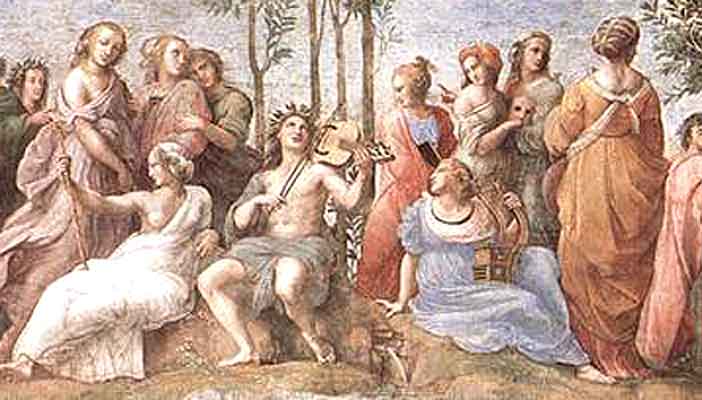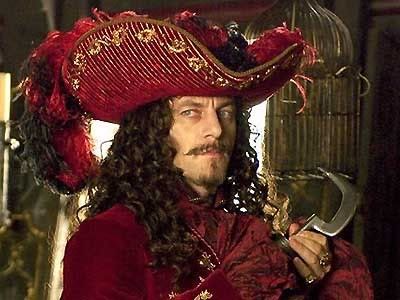"Whose spirit is this? we said, because we knew IT was the spirit that we sought and knew That we should ask this often as she sang. If IT was only the dark voice of the sea That rose, or even colored by many waves; If IT was only the outer voice of sky And cloud, of the sunken coral water-walled, However clear, IT would have been deep air, The heaving speech of air, a summer sound Repeated in a summer without end And sound alone. But IT was more than that, More even than her voice, and ours, among The meaningless plungings of water and the wind, Theatrical distances, bronze shadows heaped On high horizons, mountainous atmospheres Of sky and sea."
- What is IT?!

scripture: either the bible or something that you take so seriously it becomes your bible.
"On the mythical plane there is more legend than evidence, but it is clear that the poet who sings about gods is often considered to be singing as one, or as an instrument of one. His social function is that of an inspired oracle; he is frequently an ecstatic, and we hear strange stories of his powers. Orpheus could draw trees after him; the bards and ollaves of the Celtic would could kill their enemies with their satire; the prophets of Israel foretold the future. The poet's visionary function, his proper work as a poet, is on this plane to reveal the god for whom he speaks. This usually means that he reveals the god's will in connection with a specific occasion, when he is consulted as an oracle in a state of 'enthusiasm' or divine possession. But in time the god in him reveals his nature and history as well as his will, and so a larger pattern of myth and ritual is built up out of a series of oracular pronouncements." ~pg 55 of N. Frye
chronicle: names of people who are really important
'The Sotweed Factor, or A Voyage to Maryland' by John Barth is a satire of the national poem "The Sot-Weed Factor' by Ebenezer Cooke, which is a horrible poem
The poet is a recorder, not a participant

the muses, the daughters of Mnemosyne:
- Calliope- chief muse and muse of epic or heroic poetry
- Clio- muse of history
- Erato- muse of love or erotic poetry, lyrics and marriage song
- Euterpe- muse of music and lyric poetry
- Melpomene- muse of tragedy
- Polyhymnia- muse of sacred song, oratory, lyric, singing and rhetoric
- Terpsichore- muse of choral song and dance
- Thalia- muse of comedy and bucolic poetry
- Urania- muse of astronomy

Poems are very powerful in the world of thematic myth
 a chant killing someone: From Peter Pan. I do believe that the chant of "old, alone, done for" kills Hook in the end.
a chant killing someone: From Peter Pan. I do believe that the chant of "old, alone, done for" kills Hook in the end. enthusiasm: divine possession
ARISTOTLE'S POETICS:
* Plato: was his teacher, and he was making fun of poetry because poetry (art) has no place in his ideal republic
*he throws them outside the door of his city
*they are liars because they engage in an imitative art
*imitation of a bed is not a literal bed
*Plato believed that even real things are a representation of the divine that are above us, not making them real either
*so he believes that poets or all artists imitate and imitation
*poets are deranged, which makes them in the thematic myth category because they are possessed
*Frye spoke of this too, but used a cat as an example instead of a bed


My cat Tigger
"The poet is an empty vessel in which the imagination flows" ~ Romantic viewpoint

No comments:
Post a Comment